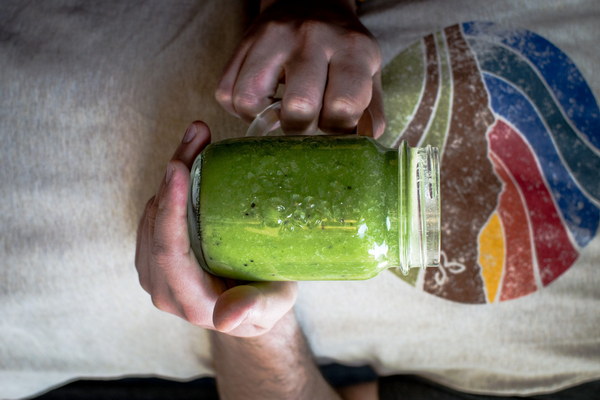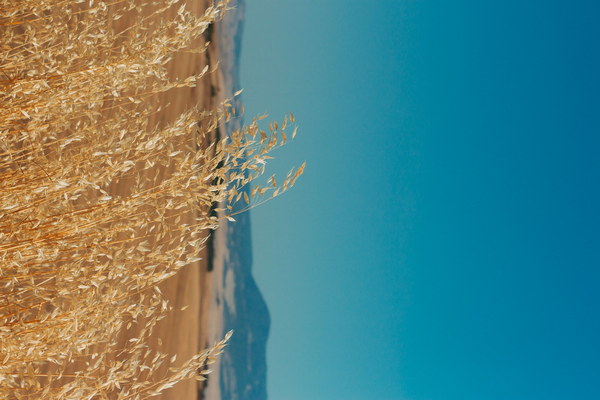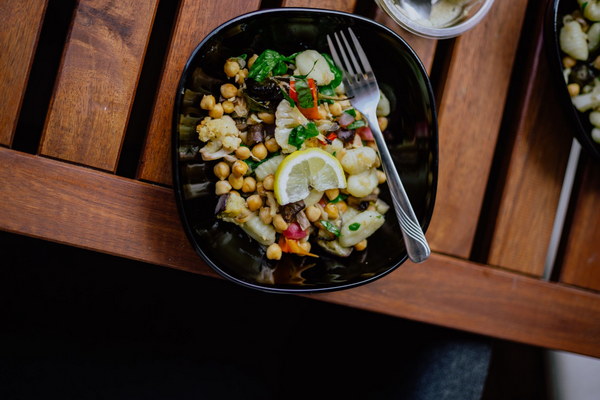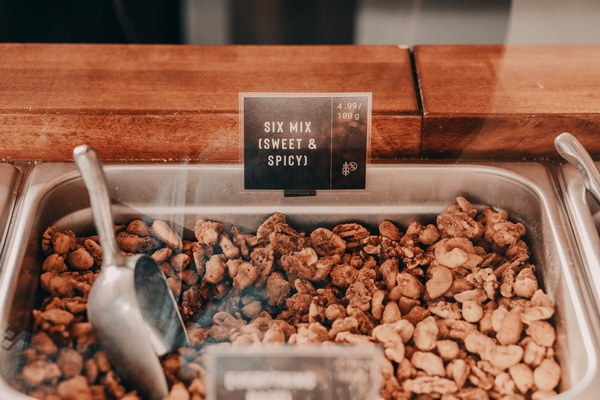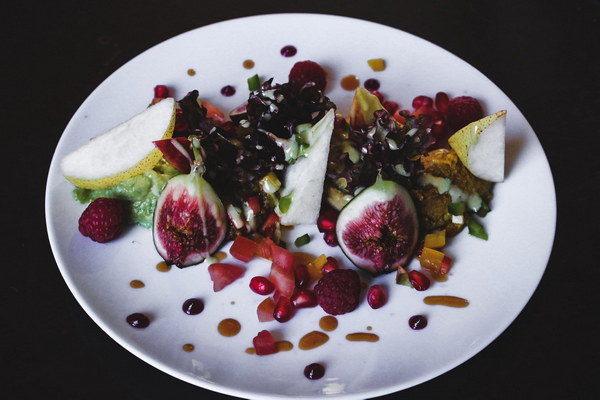Natural Relief from Cold and Damp Discover the Time-Honored Chinese Herbal Formula
In the pursuit of holistic health and well-being, traditional Chinese medicine (TCM) has long been recognized for its efficacy in treating a wide range of ailments. One such common issue that plagues many individuals, especially during the cold and damp seasons, is the discomfort caused by cold and dampness in the body. This article delves into the art of TCM and explores an ancient herbal formula designed to drive away the chill and dampness, bringing relief to those in need.
The Chinese herbal formula for driving away cold and dampness is a blend of carefully selected natural ingredients that have been used for centuries to promote health and vitality. The formula aims to eliminate pathogenic factors that contribute to the development of cold and dampness in the body, thus restoring balance and alleviating symptoms.
Let's take a closer look at the key components of this herbal formula and their therapeutic properties:
1. Aconitum Carpathicum (Du Huo)
This potent herb is known for its ability to expel cold and dampness from the body. It is commonly used to treat joint pain, muscle ache, and arthritis, as well as other conditions associated with cold and dampness.
2. Angelica sinensis (Dang Gui)
Angelica sinensis, or Chinese angelica, is a popular herb in TCM. It is believed to improve blood circulation, nourish the blood, and expel cold and dampness. This herb is often used to treat menstrual disorders, anemia, and other conditions related to blood imbalance.
3. Cinnamon (Rou Gui)
Cinnamon is a well-known spice that also has medicinal properties. It is used to warm the body, stimulate blood circulation, and expel cold and dampness. This herb is beneficial for treating cold extremities, abdominal pain, and other symptoms associated with coldness.
4. Codonopsis pilosula (Dang Shen)
Codonopsis pilosula, also known as Chinese codonopsis, is a vital herb in TCM. It is believed to boost the immune system, improve energy levels, and expel cold and dampness. This herb is often used to treat fatigue, weakness, and other conditions related to qi deficiency.
5. Poria cocos (Fu Ling)
Poria cocos, or hoelen, is a mushroom-like herb that is widely used in TCM. It is known for its ability to drain dampness and relieve swelling. This herb is often used to treat edema, urinary tract infections, and other conditions related to dampness.
When combined, these herbs work synergistically to provide relief from cold and dampness. The formula can be taken in various forms, including capsules, tablets, or decoctions. It is essential to consult a qualified TCM practitioner before starting any herbal treatment to ensure the formula is suitable for your specific condition.
In addition to using the herbal formula, there are several lifestyle and dietary recommendations that can help combat cold and dampness:
1. Wear warm clothing to protect yourself from the cold.

2. Keep your living and working environment dry and well-ventilated.
3. Avoid consuming cold and damp foods, such as raw vegetables and fruits, ice cream, and cold beverages.
4. Engage in gentle exercises, such as tai chi or qigong, to promote blood circulation and boost your immune system.
By incorporating the TCM herbal formula and adopting a healthy lifestyle, you can effectively drive away the chill and dampness, leading to improved health and well-being. Embrace the wisdom of traditional Chinese medicine and experience the natural relief it has to offer.
